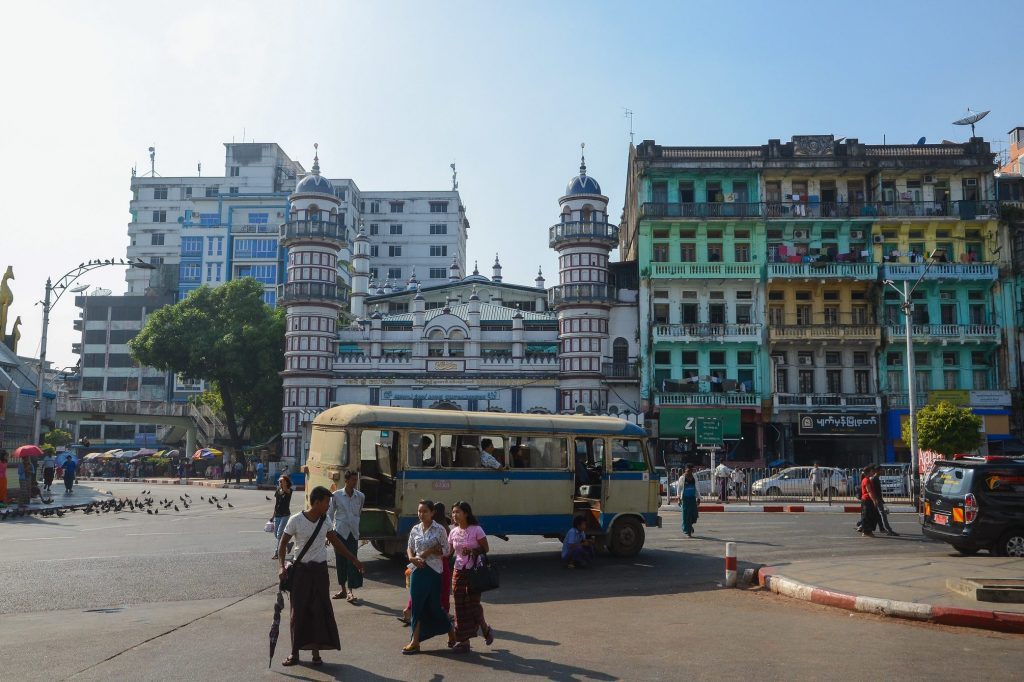Does Myanmar Tourism Deserve Another Chance?

Skift Take
Rather than boycotting travel to Myanmar entirely, a more responsible form of tourism would be to avoid unethical establishments while supporting good practices on the ground.
Few countries have seen their tourism fortunes change as fast as Myanmar. The once-isolated country became a tourism darling within a few years after its opening in 2010, and expectations were once high that Myanmar could in time become a serious contender to regional tourism stalwart Thailand.
That did not happen, of course. Many visitors, particularly Western tourists, soon turned their backs on Myanmar over its treatment of the minority Rohingya Muslim population. Myanmar tourism received a swift knock-out blow as visitor numbers plunged, derailing any plans and momentum the nascent sector had made in recent years.
But the tourism tide appears to reverse again for Myanmar as international attention on the Rohingya crisis wanes. In the story below, Skift Editor-at-Large Raini Hamdi
